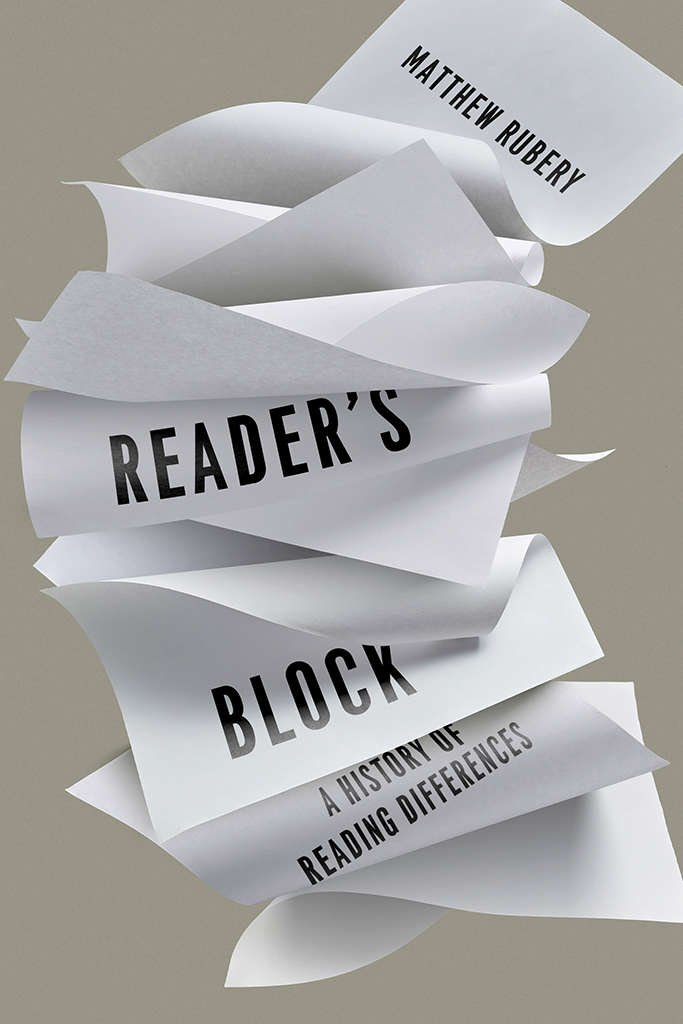

Most ebook files are in PDF format, so you can easily read them using various software such as Foxit Reader or directly on the Google Chrome browser.
Some ebook files are released by publishers in other formats such as .awz, .mobi, .epub, .fb2, etc. You may need to install specific software to read these formats on mobile/PC, such as Calibre.
Please read the tutorial at this link: https://ebookbell.com/faq
We offer FREE conversion to the popular formats you request; however, this may take some time. Therefore, right after payment, please email us, and we will try to provide the service as quickly as possible.
For some exceptional file formats or broken links (if any), please refrain from opening any disputes. Instead, email us first, and we will try to assist within a maximum of 6 hours.
EbookBell Team

4.0
46 reviewsTHIS BOOK TELLS the stories of atypical readers and the impact
had on their lives by a spectrum of neurological conditions affecting
their ability to make sense of the printed word. The first history of
neurodivergent reading, it relies on personal testimonies that have
been left out of conventional histories of reading to express how
cognitive differences shape people’s experiences both on and off the
page. A key premise of the book is that there is no single activity
known as reading. Instead, there are multiple ways of reading (and,
for that matter, not reading) despite the ease with which people use
the term in conversation and act as if everyone does it in essentially
the same fashion. Take a moment to consider what the term
“reading” means to you. Whatever your conception of reading may
be, and no matter how well you think you understand it, the
examples presented here will push you to rethink the term’s scope.
My aim is to defamiliarize reading, to make you sit up, like Dickens’s
Joe Gargery, and say, “How interesting reading is!”
--------------